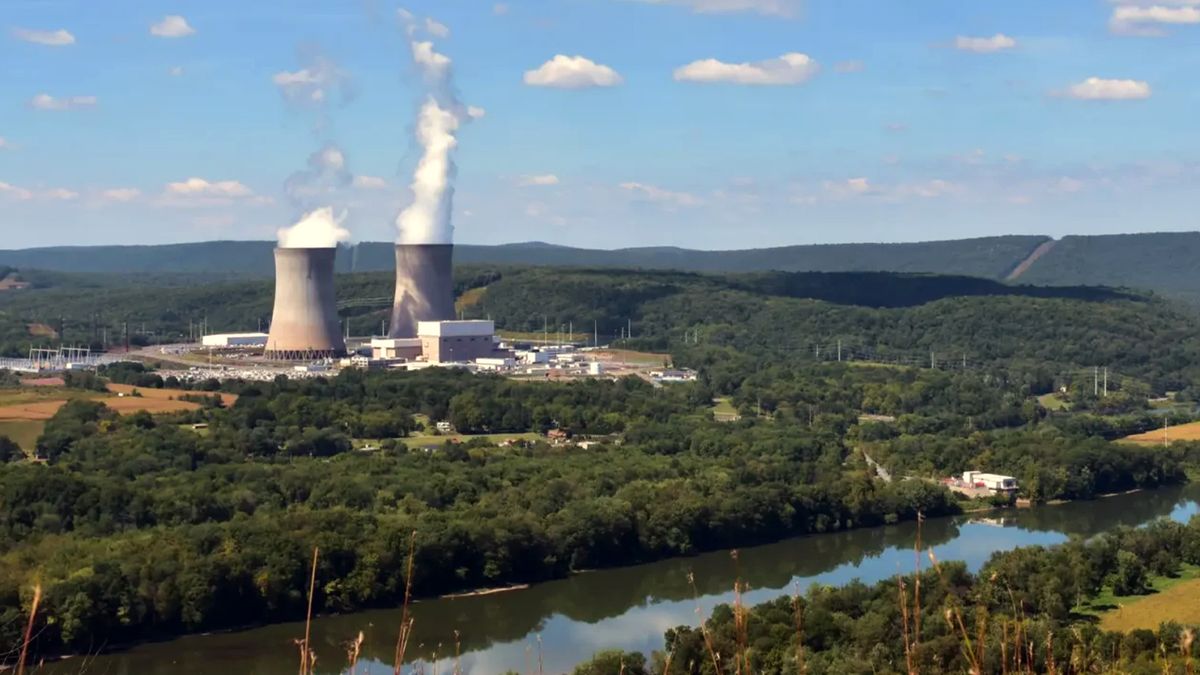Amazon is the latest tech company to join the nuclear bandwagon, investing in three energy companies to help bring more power output online across two states. The e-commerce giant signed agreements with Energy Northwest, a consortium of public utility companies in Washington State, X-energy, a small modular reactor (SMR) developer, and Dominion Energy, an electric utility provider based in Virginia that operates the North Anna nuclear power station. Amazon Web Services (AWS) CEO Matt Garman said, “Nuclear is a safe source of carbon-free energy that can help power our operations and meet the growing demands of our customers, while helping us progress toward our Climate Pledge commitment to be net-zero across our operations by 2040.”
This isn’t the company’s first venture into nuclear power, as it has previously bought a 960-MW data center in Pennsylvania directly connected to the nearby nuclear plant. However, these investments represent Amazon’s first direct investments in nuclear power production, joining the likes of Google, Microsoft, and Oracle in spending millions (if not billions) of dollars on research, development, and deployment of these carbon-free energy sources.
According to the blog post, Amazon will mainly focus on developing SMRs that are easier to build and take less time to deploy than traditional nuclear power plants. The agreement with Energy Northwest will allow the utility company to build four advanced SMRs with an initial target output of 320 MWs, to scale it up to 960 MWs. On the other hand, the Dominion deal is said to “explore the development of an SMR project near Dominion’s existing North Anna nuclear power station.” If successful, this should add 300 MWs more power capacity to Virginia and its neighboring states.
The tech giant is also involved in SMR manufacturing with its agreement with X-energy. Aside from being selected for the Energy Northwest project, it also expects several more nuclear projects involving X-energy’s SMR technology to allow for a 5-GW increase in power production throughout the country. However, X-energy is not the only one working on tiny nuclear reactors. Even Westinghouse, one of the pioneers of nuclear energy from the 1930s, is working on a micro nuclear reactor designed to be transportable on the back of a truck and easily replaced, like a battery.
These developments will help AI companies move forward, especially as power is now the primary limitation that prevents them from making even more powerful data centers. Nuclear energy has enormous potential in solving this issue, especially as it can produce much power in a relatively small footprint without emitting greenhouse gasses. However, there are still many hurdles that tech and energy companies need to go through, especially in safety and security regarding nuclear material. But once these are addressed, we can expect our data-centered future to be powered by the atom’s splitting (or maybe even fusing).

